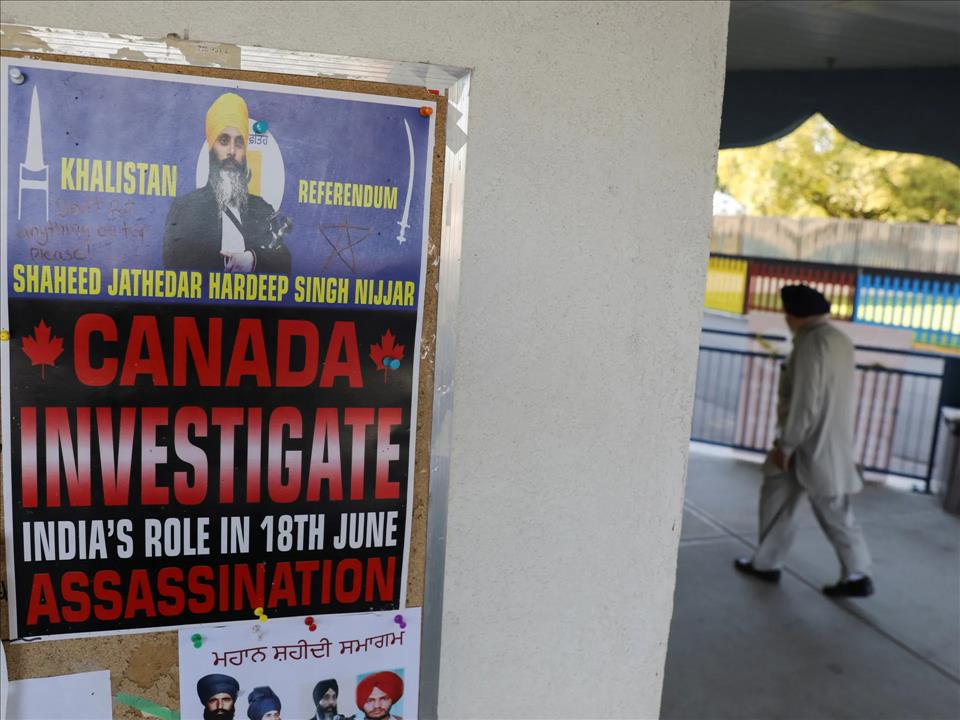
What's Driving State-Sponsored Attacks On Citizens Abroad?
Days later, he reappeared in Iran, accused of leading a terrorist group and orchestrating attacks in Iran, charges his family denies. After years in detention, he was executed in October 2024 .
Iran's actions are part of a longstanding pattern. Since the 1979 Revolution, its government has targeted dissidents overseas. Notable cases include the 1991 stabbing death of the Shah's last prime minister in Paris and the 1992 assassination of four Iranian-Kurdish dissidents at a Berlin restaurant.
These operations appear to have escalated again, with an Iranian journalist kidnapped in Iraq in 2019 , an opposition leader kidnapped in Turkey in 2020 , and a thwarted attempt to kidnap an Iranian journalist in the US that year as well .
Functioning governments exercise a monopoly on violence and detention within their borders, including lawful imprisonment and capital punishment. In conflict zones, these powers sometimes extend into contested areas, blurring legal distinctions.
However, Iran's extraterritorial operations mark a trend of smaller nations increasingly adopting tactics reserved for major powers, bypassing international protocols to punish citizens overseas.
Covert operations targeting your own citizens in other countries require substantial resources and intelligence to track individuals, orchestrate a hit, and avoid detection. The modern era of such operations was shaped in part by the surge of political assassinations by militant and terrorist groups in the early 1970s .
Governments responded with their own covert actions, both domestically and internationally, broadening their targets to include political activists and opposition figures.
Globalization, interconnected diaspora networks, and advances in surveillance technologies have further enabled these activities. As diplomatic repercussions wane and global enforcement diminishes-particularly from the US, which has faced its own criticism for extraordinary rendition and drone strikes on US citizens abroad-states act with growing impunity and plausible deniability.
Civilians unaffiliated with political disputes are occasionally caught in the crossfire, diminishing the sanctity of national sovereignty further.
Few countries are as brazen as Iran has been for decades, but other countries are also demonstrating their reach. In neighboring Pakistan, national forces recently apprehended a Pakistani citizen in Myanmar in October 2024 .
Turkey, however, has escalated its extraterritorial operations the most in recent years in response to the 2016 coup attempt . Turkish authorities claim to have abducted over 80 individuals from 18 countries between 2016 and 2018 alone . One incident in 2018 saw six Turkish nationals kidnapped in Kosovo and sent back to Turkey, prompting a diplomatic rift between the two nations.
Turkey's assertiveness in targeting its citizens abroad has not stopped other governments from using it as a stage for their own actions. In 2018 , Saudi Arabia orchestrated the killing of US-Saudi citizen journalist Jamal Khashoggi inside its consulate in Istanbul. The killing drew global outrage and strong condemnation from the Turkish government. However, Washington's reluctance to impose significant consequences on Saudi Arabia emboldened other states.

Legal Disclaimer:
MENAFN provides the
information “as is” without warranty of any kind. We do not accept
any responsibility or liability for the accuracy, content, images,
videos, licenses, completeness, legality, or reliability of the information
contained in this article. If you have any complaints or copyright
issues related to this article, kindly contact the provider above.


















Comments
No comment